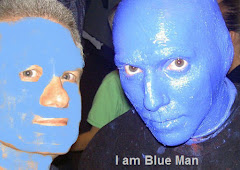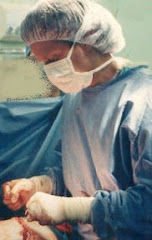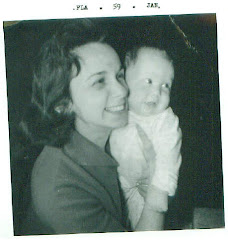There really is no need to memorize the genus and species of microbes, or the pharmacological reactions and actions that can be easily looked up. Portable technologies and the references they provide have changed the game in clinical practice. The world of information is at our finger tips and accessible. I don't need to know the Krebs Cycle. I need to know how to use it in taking care of my critical patients though. When will medical education move from memorization to that of focus on understanding with the user end point in mind....medical practice.
The use of information is much more important that memorizing it. Yet that is the emphasis found on exams in medical school and on national boards. The emphasis on memorization in many ways determines our future by selecting out memorizers from users of information for residency based on test scores.
The reality is that medicine is controlled by memorization and performance on exams, guided by results on Step USMLE. Performance on that exam is, for the most part, the determining factor in residency selection. And that system isn't going away easily with the multi-millions that system makes. Exam, boards and pimping performance (hallway pop quizzes perpetrated on unsuspecting learners) is the core of how medicine teaches and expect learning. But is it really learning at all? Is it really providing insight and apprenticeship to the insight of knowing how to apply the knowledge memorized?
We need more formative and summative assessment that is "application" based and less memorization based exams in medicine. We need a return to a real apprenticeship system that values moving knowledge from teacher to student in clinical practice with application in mind. As a colleague recently wrote, "medical education is failing us" all, both practitioners and patients. It has certainly failed me and gutted my passion on so many fronts.













